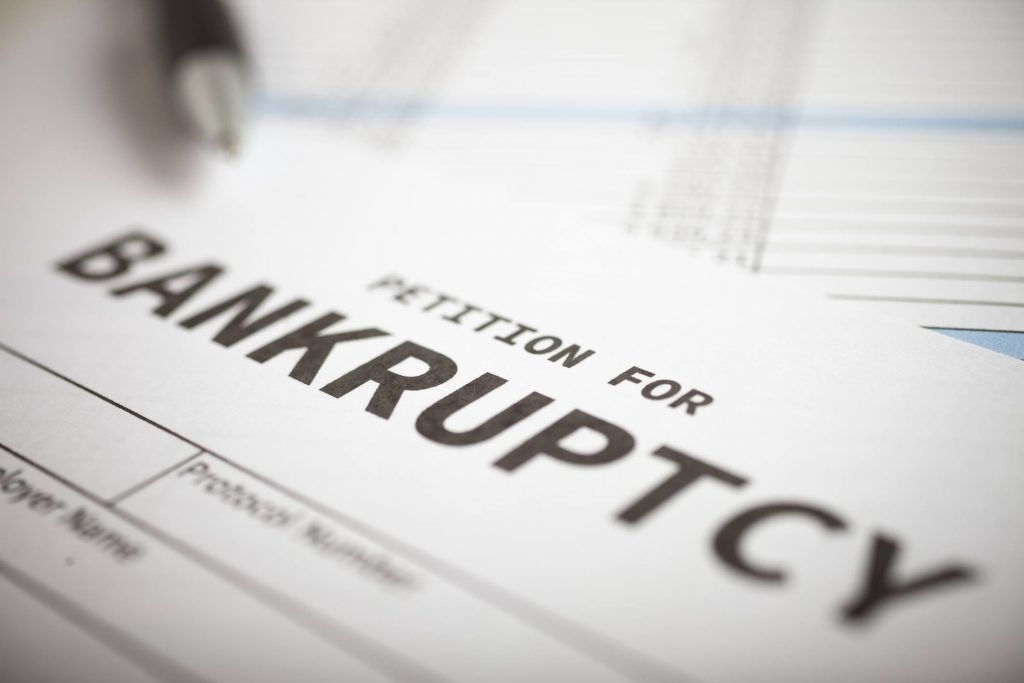
Close-up of a bankruptcy petition
When Bankruptcy is Filed Before the DRO
Carolyn Woodruff, JD, CPA, CVAIn re Jeffers, No. 14-52328, B.R., 2017 WL 2838104 (Bankr. N.D. Ohio June 30, 2017)
Facts: A husband and wife divorced in Ohio. The divorce decree awarded the wife an interest in the husband’s retirement benefits.
Before a DRO was entered, the husband filed a petition in bankruptcy under Chapter 13. When a bankruptcy case is filed, all state court actions are automatically stayed. 11 U.S.C. § 362. The wife asked the bankruptcy court to lift the stay so that she could obtain a DRO in state court. The bankruptcy trustee objected.
Issue: Should the automatic stay be lifted to allow the wife to obtain a DRO?
Answer to Issue: Yes.
Summary of Rationale: The state court order dividing the husband’s retirement benefits did not create a debt from the husband to the wife. Rather, it assigned part of the husband’s benefits to the wife, thereby creating a debt from the retirement plan to the wife. That debt was outside the reach of the bankruptcy court.
The trustee argued that the result was somehow different because property division debts, which cannot be discharged under Chapter 7, can, however, be discharged under Chapter 13. 11 U.S.C. § 1328. This point was irrelevant, because the state court’s order did not create a debt payable by the husband; it created a debt payable by the plan.
Observations:
- Federal law has consistently held that deferred distributions of retirement benefits are transfers of ownership, not a creation of debt. This result was reached consistently even before the landmark 2005 change providing that property division debts cannot be discharged in Chapter 7 bankruptcy. 3 Brett R. Turner, Equitable Distribution of Property § 9:22 n.23 (3d ed. 2005).
- See also Martin Awve, 558 B.R. 889, 894 (W.D. Wis. 2016) (affirming a bankruptcy court order reaching the same result).
- Remember that the 2005 change made property division debts nondischargeable only under Chapter 7. Property division debts remain dischargeable under Chapter 13, so there is still considerable potential for bankruptcy petitions to be used as tactical weapons in state domestic relations cases. Be aware, however, that Chapter 13 plans generally anticipate the repayment of debts, not absolute discharge, and that a Chapter 13 repayment plan must be filed in good faith. 3 Turner, supra, § 9:22, at 57-62 (Supp. 2016). The bar for discharge under Chapter 13 is somewhat higher than the bar for discharge under Chapter 7.
By Carolyn J. Woodruff, North Carolina Family Law Specialist
 North Carolina Divorce Lawyers Blog
North Carolina Divorce Lawyers Blog

